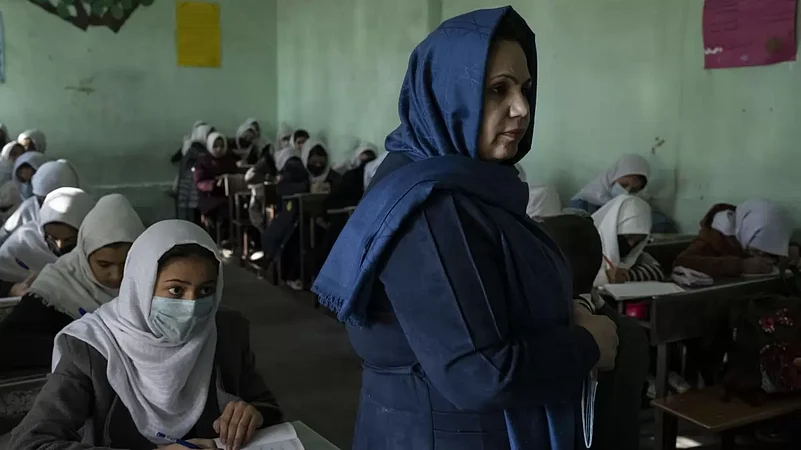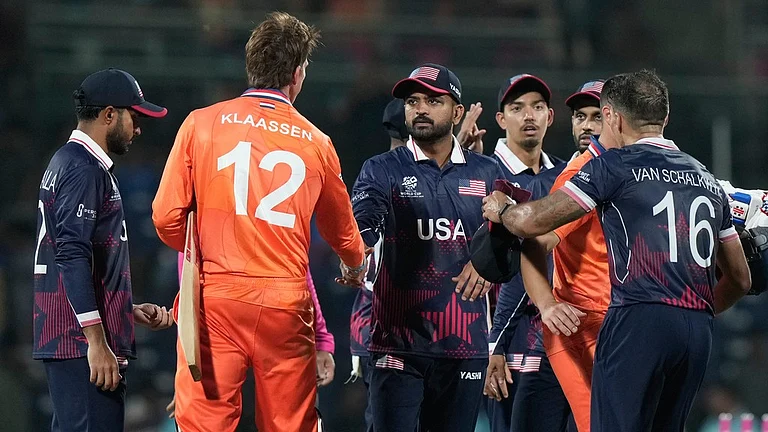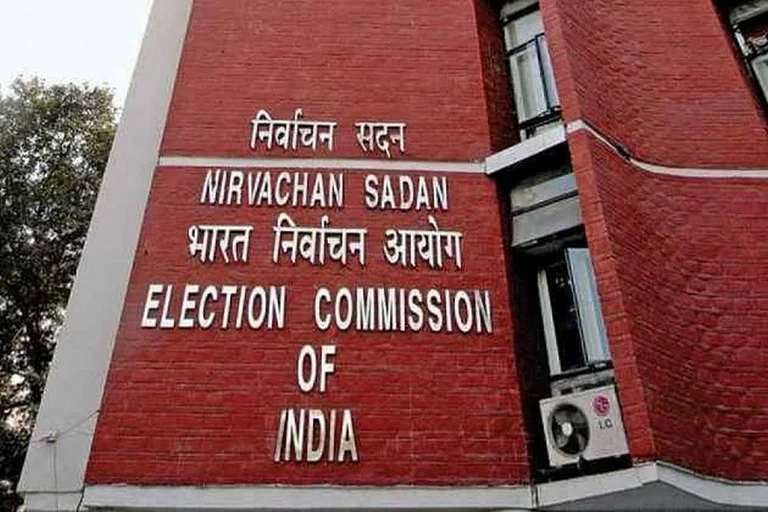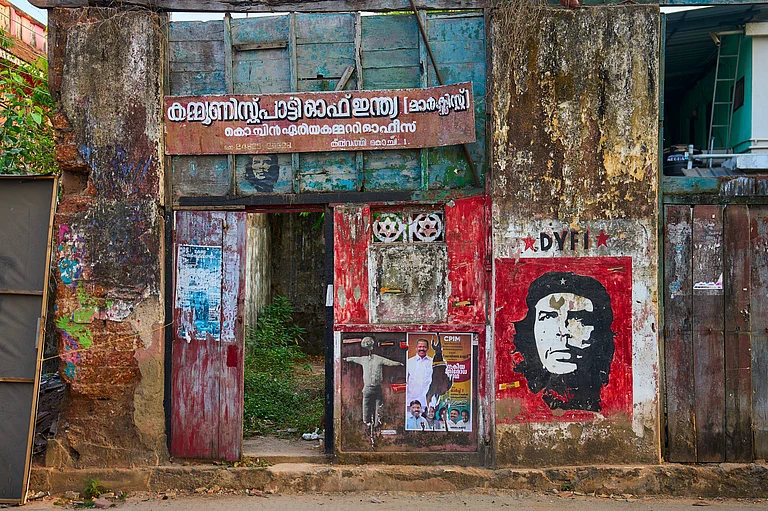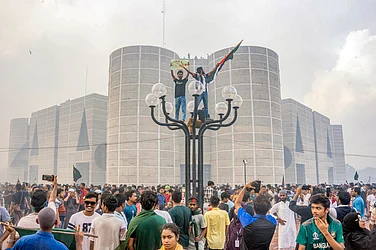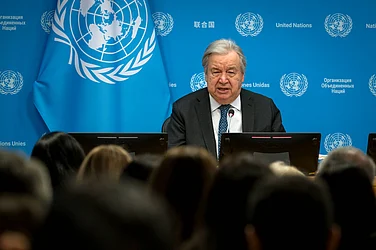Nearly 80 girls were poisoned and hospitalised in two separate attacks at their primary schools in northern Afghanistan, a local education official said Sunday.
It is thought to be the first time this kind of assault has happened since the Taliban swept to power in August 2021 and began their crackdown on the rights and freedoms of Afghan women and girls.
Girls are banned from education beyond sixth grade, including university, and women are barred from most jobs and public spaces.
The education official said the person who orchestrated the poisoning had a personal grudge but did not elaborate.
The attacks took place in Sar-e-Pul province over Saturday and Sunday.
Nearly 80 female students were poisoned in Sangcharak district, said Mohammad Rahmani, who heads the provincial education department. He said 60 students are poisoned in Naswan-e-Kabod Aab School and 17 others were poisoned in Naswan-e-Faizabad School.
“Both primary schools are near to each other and were targeted one after the other,” he told The Associated Press. “We shifted the students to hospital and now they are all fine."
The department's investigation is ongoing and initial inquiries show that someone with a grudge paid a third party to carry out the attacks, Rahmani said.
He gave no information on how the girls were poisoned or the nature of their injuries. Rahmani did not give their ages but said they were in grades 1 to 6.
Neighboring Iran has been rocked by a wave of poisonings, mostly in girls' schools, dating back to last November. Thousands of students said they were sickened by noxious fumes in the incidents. But there has been no word on who might be behind the incidents or what — if any — chemicals have been used.






